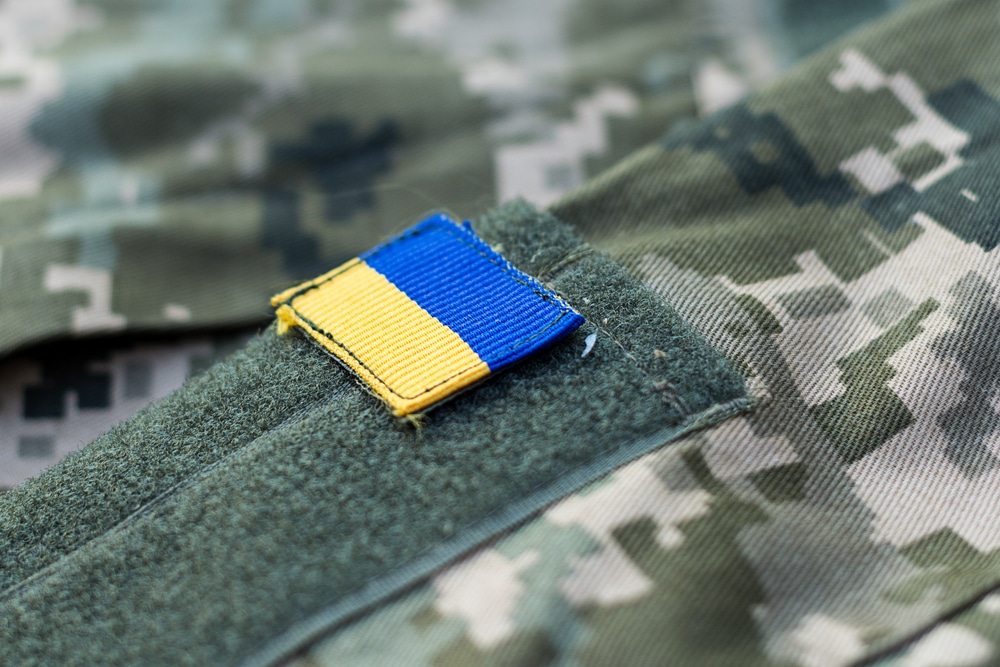On February 25, The New York Times published an article titled “The Spy War: How the CIA Secretly Helps Ukraine Fight Putin.” This report was not the result of any leak, but was clearly authorized from the highest level: the CIA brought reporters in to tell the story. Though many spoke on the condition of anonymity to “discuss intelligence matters and sensitive diplomacy,” they do not even create the pretense that this is a story that the CIA doesn’t want the public to know. The clear purpose, stated almost explicitly near the end of the article, is to guilt the Republicans in Congress into supporting Ukraine aid, with the argument that we are “in too deep” and cannot abandon them like our erstwhile allies in Afghanistan. The impact of the article was muted and it was barely discussed outside of those critical of Ukraine aid, because neither the CIA nor the Times seem to have realized the implications of these admissions: it shows that the post-Maidan government of Ukraine pro-actively made itself the base of a hostile conspiracy against Russia.
The short summary of what The New York Times presents is that after the U.S.-backed “Maidan Revolution” in Ukraine in 2014, the newly appointed spymaster went to the intelligence headquarters to find that all of the files had been destroyed when the previous government left. He immediately called the CIA and MI6 to form an alliance to counter Russia. They created a specialized anti-Russia division, staffed exclusively by people born after the fall of the USSR (at that time, no older than 23) and began training them in spying on and sabotaging Russia. The Ukrainian intelligence agents were anti-Russia zealots who expressed a hatred of all Russian speakers, not simply opposition to Putin’s regime or Russian imperialism. The CIA were unable to control their proteges, who carried out violent missions against Russia and the allied “People’s Republics.” This is described as an American “beachhead” against Russia in Ukraine. Since the February 2022 invasion, the CIA has been involved in acts of war against Russia from a network of U.S.-funded bases across Ukraine.
We haven’t heard any of the normal pontificating about “operational security” and “sources and methods” since this was released. The CIA wants us to read this investigation, and the government isn’t pretending otherwise. Besides the transparent purpose — that it should guilt people into funding Ukraine — there are a few other theories as to why this was released. The first would be that it is a “limited hangout,” meaning they are admitting this much in the hopes people don’t look further into it. The next is that it is what some call “pre-bunking,” which is to say that they know a scandalous story is coming out and this is to get ahead of it. But it takes at least a few weeks to produce a story of this size, if not a couple of months, so it would be really risky to release this hoping it would come out before other information that they could not control the release of; the Times claims to have conducted over 200 interviews with only two authors. The other possibility is that it signifies a coming break up between the CIA and Ukrainian intelligence, which is possible, given that The New York Times published another article titled, “Mutual Frustrations Arise in US-Ukraine Alliance,” which described the relationship in terms clearly meant to invoke a troubled marriage. However, the most likely answer is the simplest: they are proud of what they have done, and think by telling the world it will encourage more funding.
By publishing this in The New York Times, the idea that the CIA was highly active in an anti-Russian conspiracy operating in Ukraine is another thing that has moved from the realm of “conspiracy theory” to “of course it’s true, and here’s why that’s a good thing.” But for all of this, there has been very little discourse about the story, and most of that has been from skeptics of arming Ukraine. It did not have the impact that they wanted, but it seems to have not had impact at all. The supporters of Ukraine throughout the media do not have anything to say about this specific Times article, despite that publication being the gate-keeper of respectable discourse and usually once it prints something it can be discussed everywhere. If this was a ploy to get more funding, it doesn’t seem to have worked.
What both the CIA and The New York Times failed to understand about their story is that it reinforces many of Russia’s key points. The most important of which is that we have constantly been told that Russia presents a threat to all of its neighbors and that Finland and Poland need to be afraid (though they certainly don’t act like it) and that if Russia isn’t stopped in Ukraine they will roll their tanks into Brussels. It doesn’t seem anyone actually believes this, but they say it. The Times exposed a different story, which shows that, as Russia has said, Ukraine was a unique situation for a variety of reasons. Per the Times, it is true that an anti-Russia spy conspiracy was centered in Ukraine, by people who hate all Russian speakers. It’s obvious to a reader that these are drastically irresponsible people driven by ethnic hatred — towards the people who inhabit a region they want us to help them reconquer and rule. It is a different question if any of what we learn in this article “justifies” a large military invasion which has caused enormous human suffering on both sides, but the CIA has chosen to admit that post-Maidan Ukraine went to great efforts to pose a threat to Russia. This shows that there is no reason to believe Russia poses a threat to any neighbors who would choose to pursue a policy of peace and good relations. I suppose it is no surprise that they would admit everything we are meant to believe about the war is a lie, but expect us to support their war anyway.
































